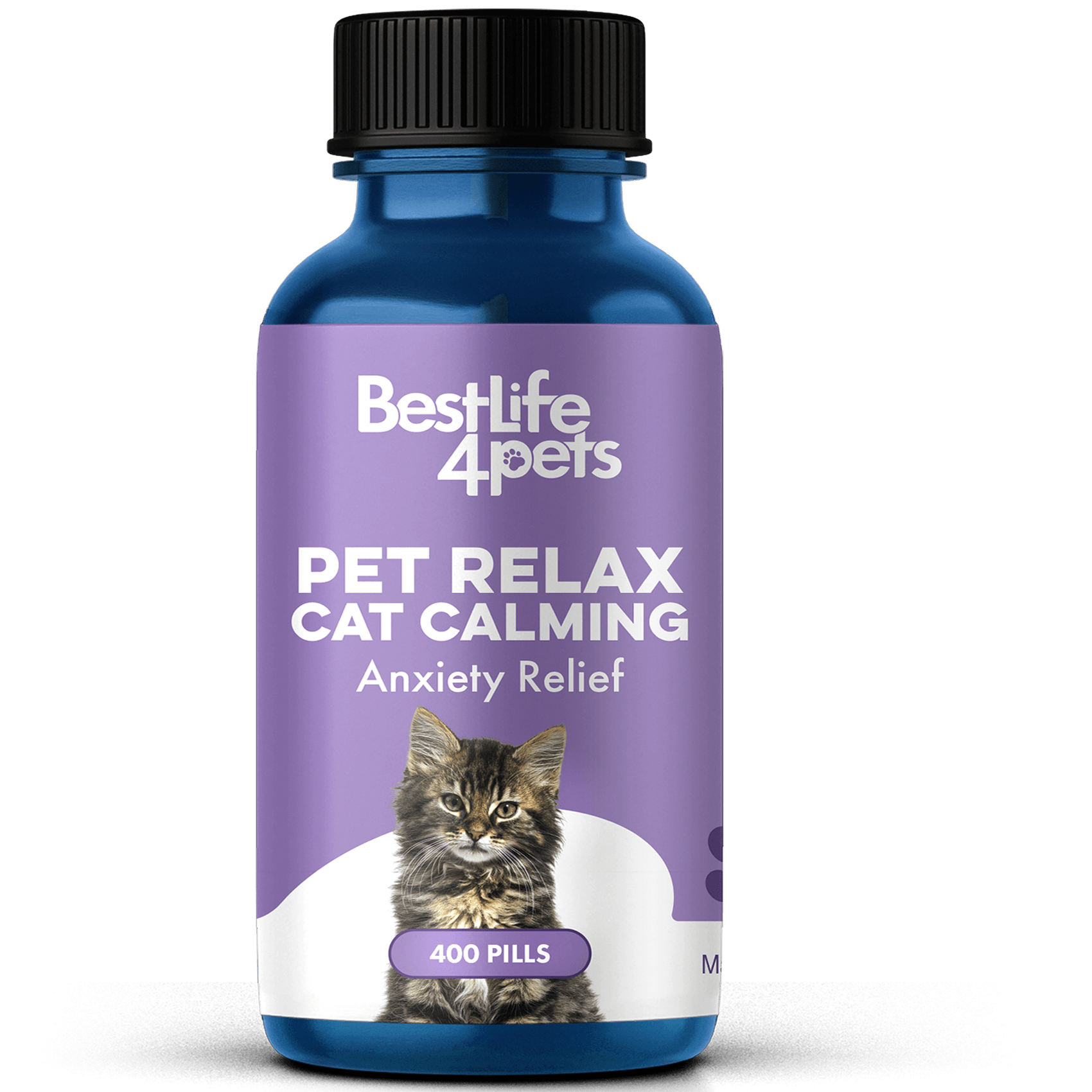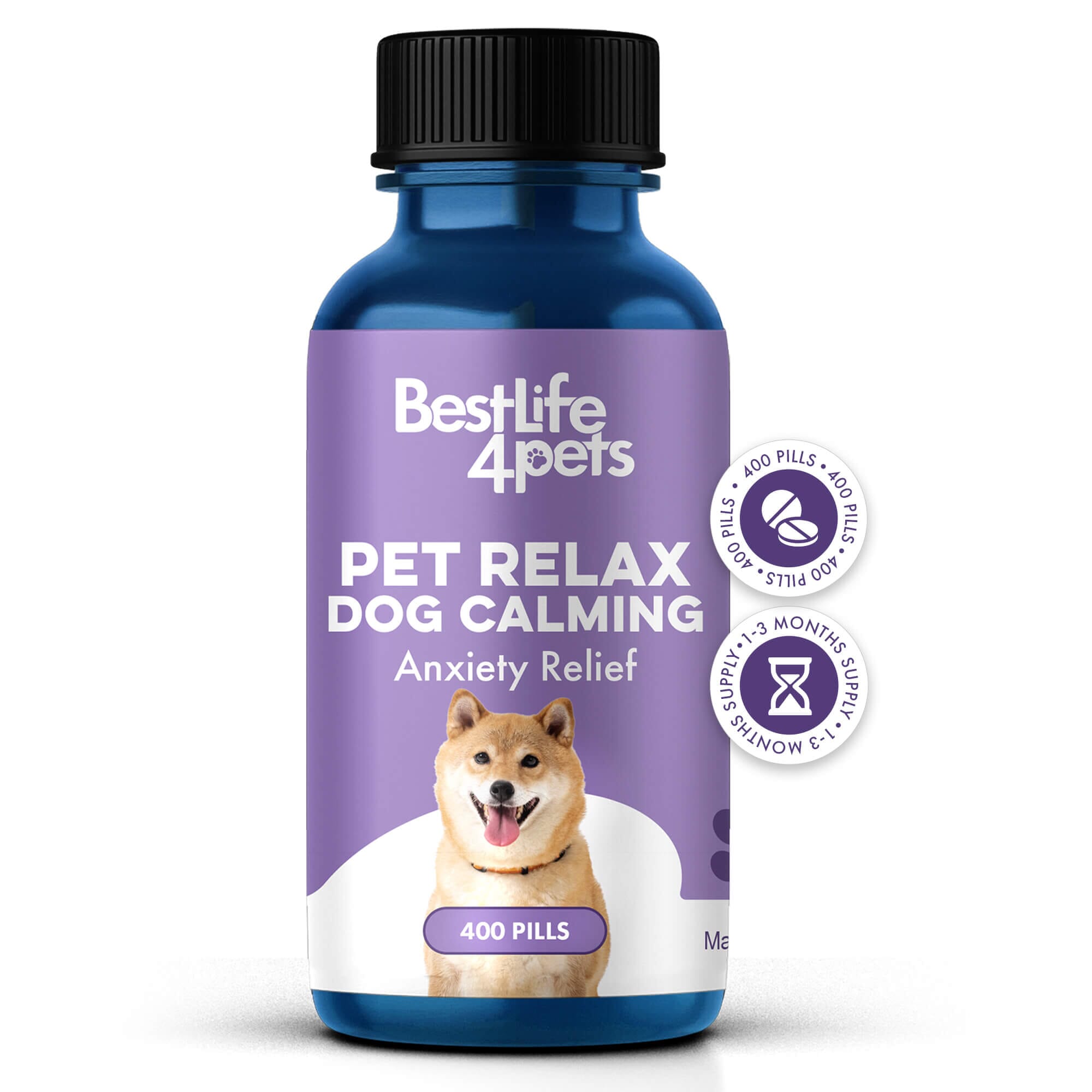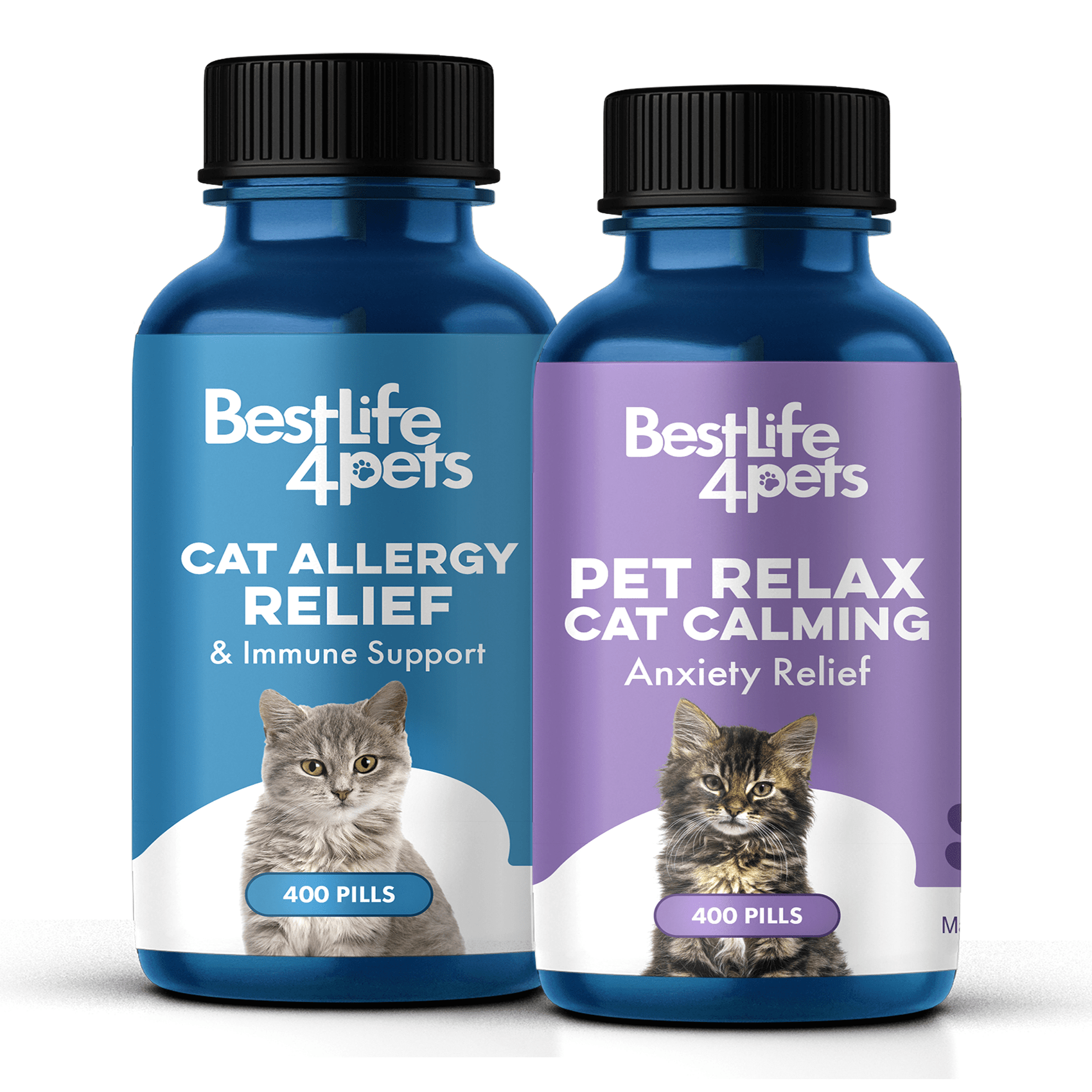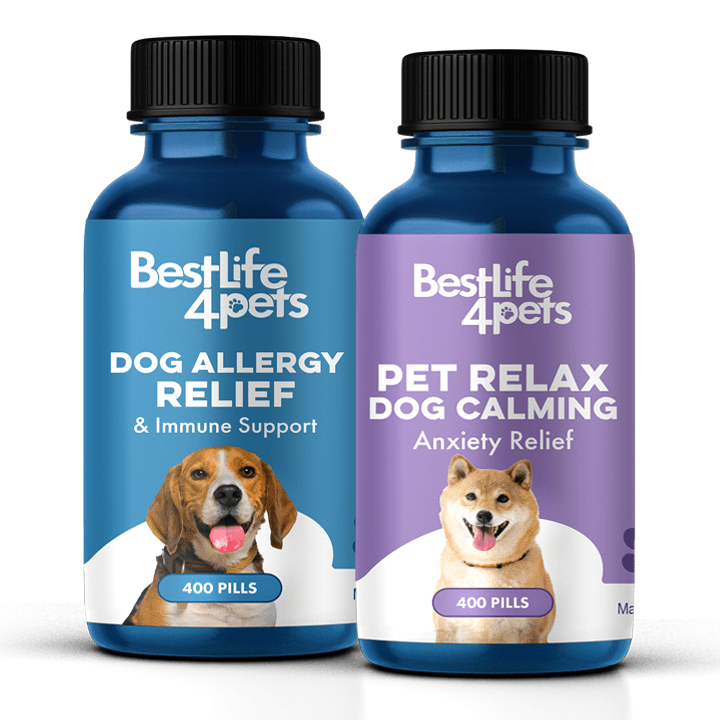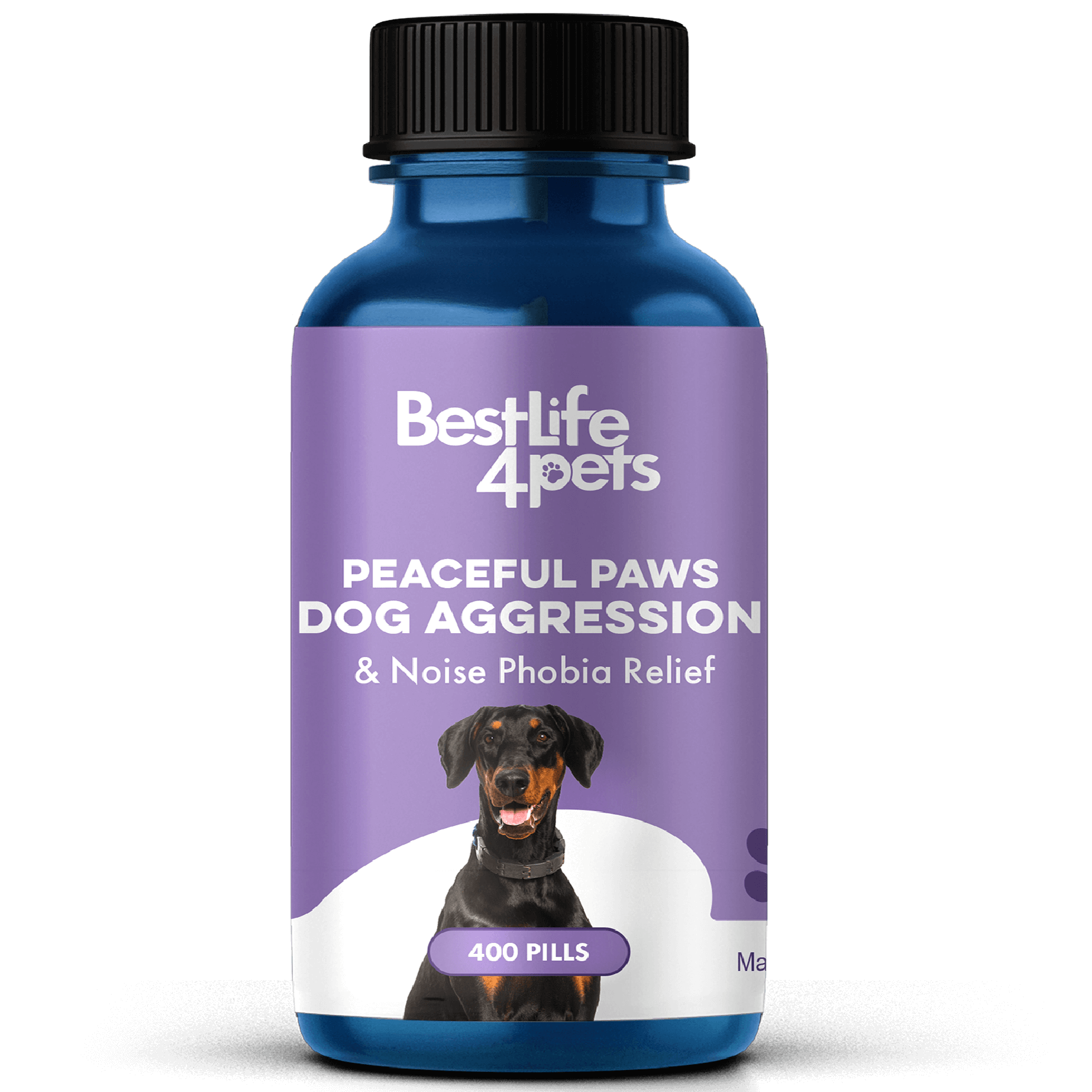Pet Stress Shouldn’t Get in the Way of Their Happiness
Like us, dogs and cats experience stress, anxiety, and fear—and it often shows up in ways pet parents don’t expect: pacing, whining, aggression, clinginess, or even health issues like low energy and poor sleep. Whether your pet is reacting to a loud noise, being left alone, or struggling with long-term emotional imbalance, we offer natural, non-drowsy solutions to help them feel safe, confident, and calm again.
These all-natural formulas support your pet’s emotional and physical wellness, helping them overcome trauma, reduce anxiety, fear, aggression, and enjoy life again—without sedation.
Daily Stress & General Anxiety
Does your pet seem nervous for no reason—pacing the house, panting at night, or reacting to every sound? Some pets are naturally more sensitive and need daily help to stay calm. These gentle formulas support emotional balance, reduce restlessness, and help pets feel more relaxed in everyday situations.
Separation Anxiety & Loneliness
Does your pet bark, cry, or destroy furniture when you leave? Separation anxiety is more than bad behavior—it’s emotional distress. These natural remedies are designed to calm pets who struggle with being alone, helping them feel safe and secure even when you’re not home.
Aggression & Reactive Behavior
Does your dog bark at everyone who passes by? Does your cat hiss or swat for no clear reason? These behaviors are often signs of stress—not stubbornness. These calming solutions help reduce fear-based aggression and reactivity, making it easier for your pet to stay calm and respond gently to their surroundings.
Everyday Anxiety & Emotional Imbalance
Does your pet seem nervous all the time—even when nothing is happening? Some pets are naturally more sensitive and may live in a constant state of worry. This can show up as pacing, poor sleep, hypervigilance, or tension in the body.
Ongoing stress can weaken the immune system, raise inflammation, and affect mood and digestion. These remedies are made for long-term use to help pets feel more emotionally balanced, sleep better, and enjoy calmer, more peaceful days.
Common signs:
✔ Pacing or restlessness
✔ Poor sleep or constant alertness
✔ Nervous energy or overreactions
✔ Lethargy or low immunity from chronic stress
Fear
Hiding
Restlessness
Separation Anxiety
Chewing
Fear
Pacing
Separation Anxiety
Separation Anxiety & Emotional Attachment Issues
Does your pet cry, bark, scratch the door, or act out when you leave? Separation anxiety is especially common in rescue pets, seniors, and animals who have lost a companion—or those who simply form deep emotional bonds with their humans. It’s more than just being sad; it’s a feeling of fear and abandonment that can lead to both behavioral and physical issues.
Over time, this kind of chronic stress can weaken your pet’s immune system, making them more prone to illness, inflammation, and digestive issues. Emotional distress also affects appetite, sleep quality, and overall energy levels. These natural remedies are designed not just to calm immediate symptoms, but to help rebalance the body and mind, rebuild emotional resilience, and restore a sense of safety and security—especially when your pet is alone.
Common signs:
✔ Barking, crying, or howling when left alone
✔ Destructive chewing or scratching at doors
✔ Refusing to eat or drink when alone
✔ House soiling despite being trained
✔ Clinginess, constant shadowing
✔ Emotional shutdown or low energy
✔ Recurring infections or slow healing (due to weakened immunity)
Aggression, Reactivity & Fear-Based Behavior
Aggression is often misunderstood—your pet isn’t "bad," they’re overwhelmed. Growling, snapping, excessive barking, hissing, or spraying can be signs of fear, trauma, or overstimulation.
Whether it’s food guarding, territorial behavior, or dementia-related anxiety (like nighttime pacing or confusion), these remedies help reduce reactivity, calm emotional triggers, and improve how pets respond to stress.
Common signs:
✔ Barking, growling, biting, or lunging
✔ Territorial behavior or food guarding
✔ Cat spraying, hissing, or fighting
✔ Noise phobia or dementia-related confusion


